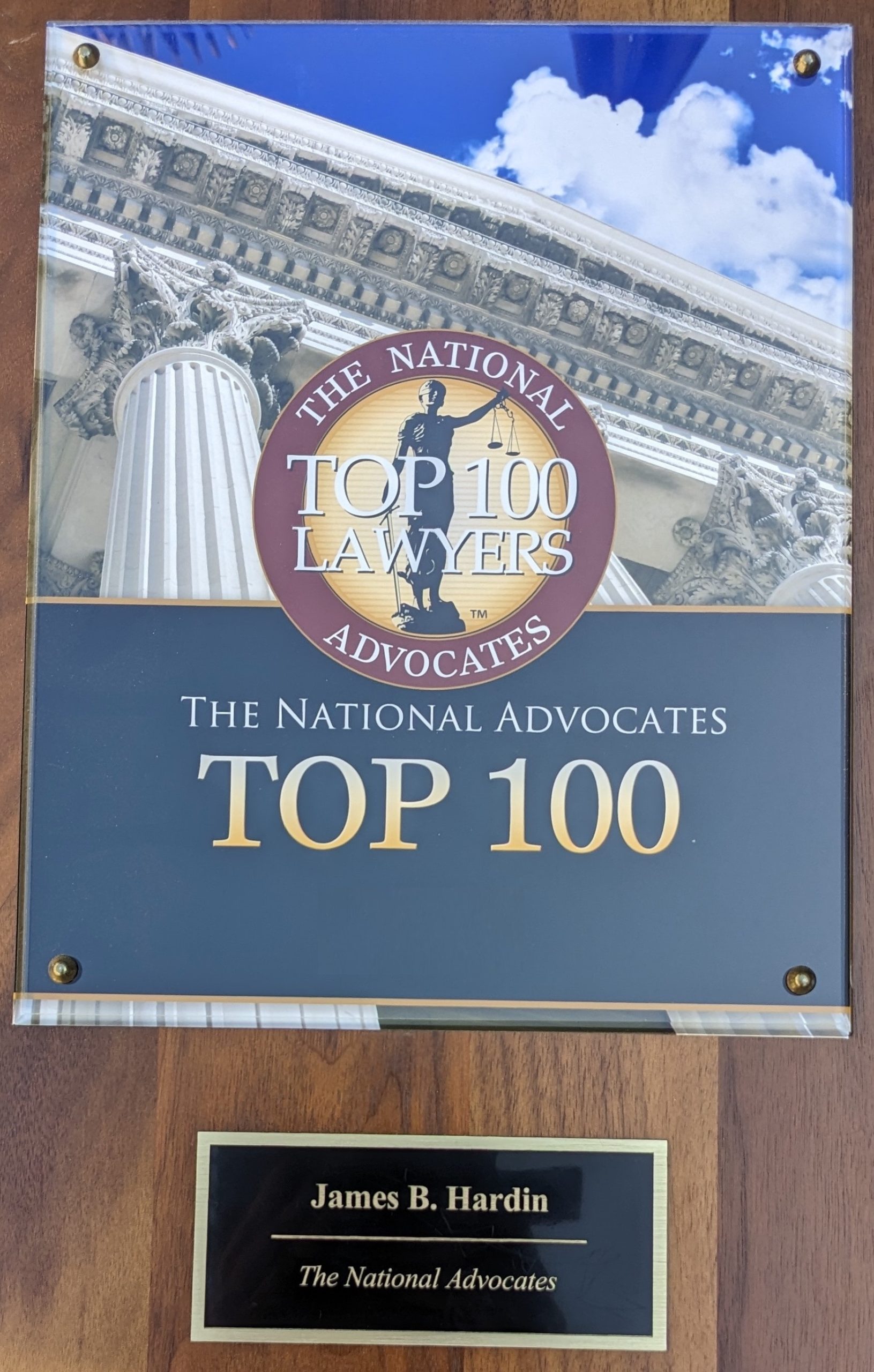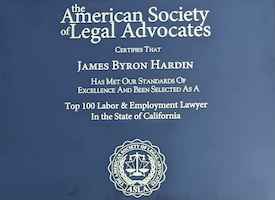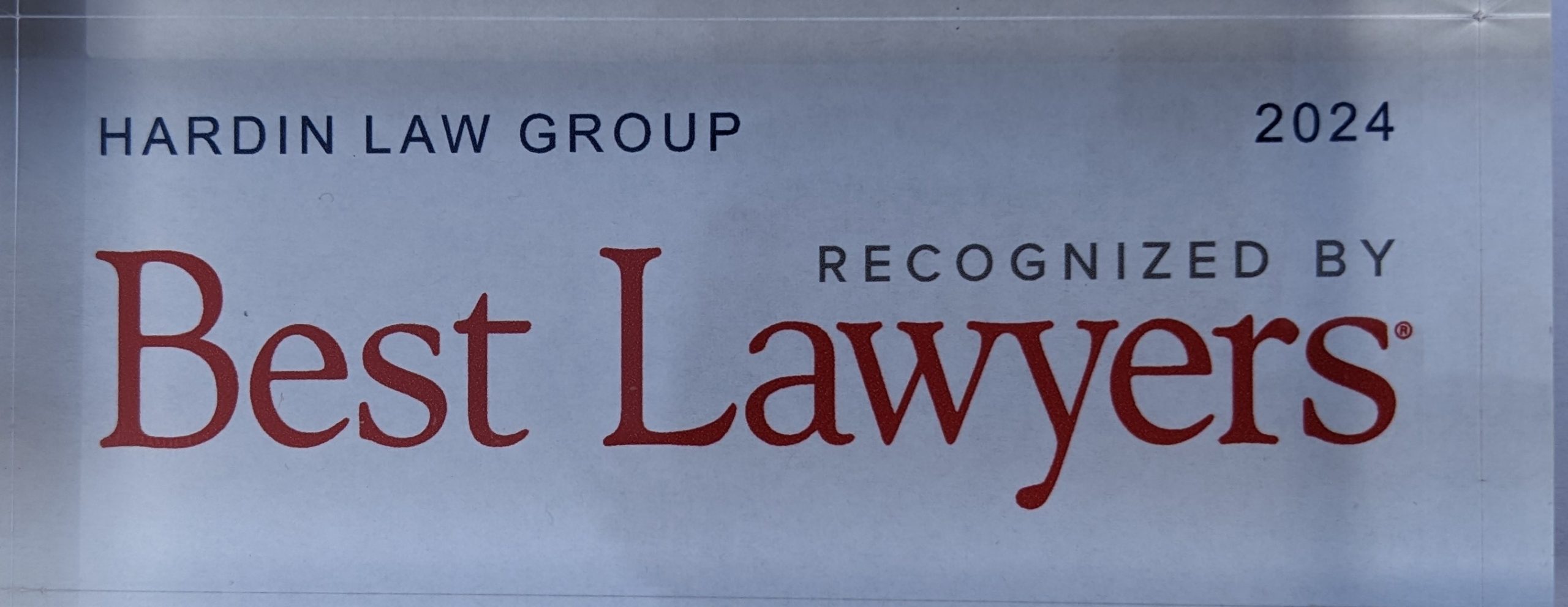FMLA and Employee Leave
Is your Orange County employer complying with the various federal and state laws that govern the amount of time off certain employees must be allowed? For example, the Family Medical Leave Act (FMLA) is one such set of guidelines and can be tricky to navigate, especially when it appears that an employee does not actually qualify for the time off he or she is requesting. FMLA requires covered employers to provide employees job-protected and unpaid leave for qualified medical and family reasons. Qualified medical and family reasons include: personal or family illness, family military leave, pregnancy, adoption, or the foster care placement of a child.
But what happens when an employer doesn’t believe an employee qualifies for FMLA leave? Can it risk a lawsuit for saying no?
For example, what if an exempt, managerial employee takes all 12 weeks of FMLA leave, plus six additional weeks of unpaid leave, and another four weeks due to health problems in the preceding year yet asks to use his FMLA leave during the current year. Does he qualify even if he didn’t work the law’s requisite 1,250 hours?
Unfortunately for the employer, FMLA regulations effectively presume that exempt employees are always eligible for FMLA leave, at least from an “hours worked” standpoint. The employer carries the burden of proving otherwise. The Act states that ‘In the event an employer does not maintain an accurate record of hours worked by an employee, including for employees who are exempt from FLSA’s requirement that a record be kept of their hours worked . . . the employer has the burden of showing that the employee has not worked the requisite hours.’
Many Orange County business owners don’t keep track of hours worked for exempt employees, which makes it difficult to establish that the employee has not worked the requisite 1,250 hours required by the FMLA. There are a couple legal issues that an employer should consider when it comes to employee eligibility for FMLA leave:
- The Burden is On The Employer. When an exempt employee’s eligibility for FMLA leave is in question, it is up to the employer to clearly demonstrate the employee did not work 1,250 hours.
- Is The Employee Eligible? Eligibility is tested every time the employee requests leave for a “different FMLA-qualifying reason.” In other words, if the reason for leave is the same and the employee previously was eligible within the same FMLA year, the employee is entitled to take leave in this instance. However, if the employee requests leave for a new qualifying reason in the same FMLA year, or if it’s for the same reason within a new FMLA year, the employer may re-test eligibility.
For more information on the application of FMLA to exempt employees, contact the experienced Orange County employment attorneys at Hardin & Associates today.





















